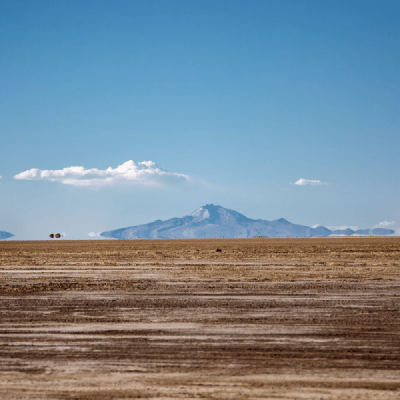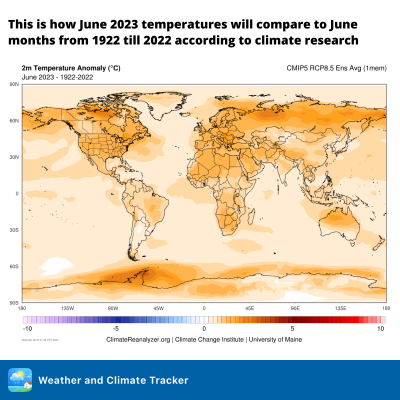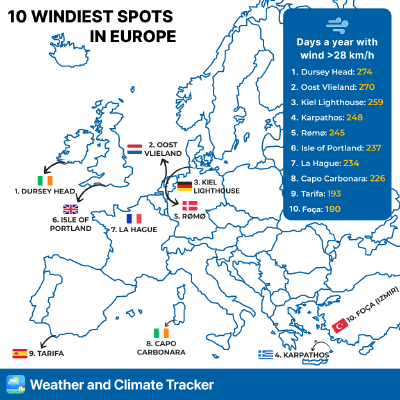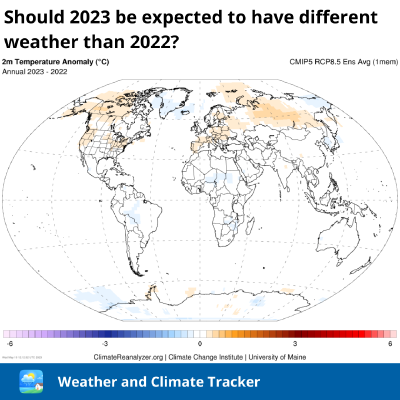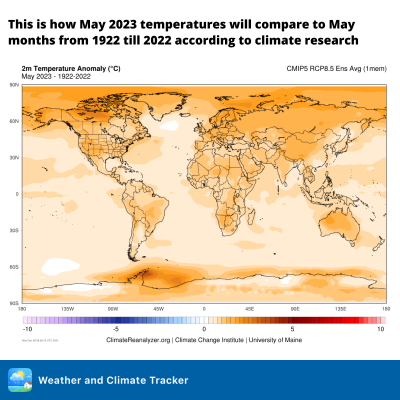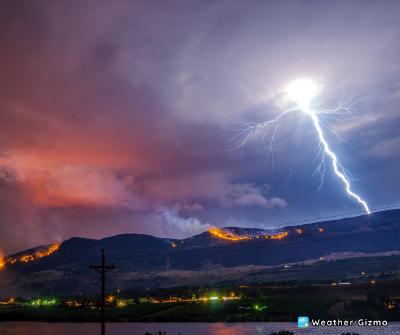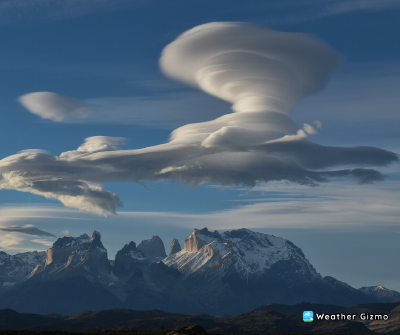
Do You Know What Lenticular Clouds Are?
Lenticular clouds are one of the most beautiful natural phenomena. When you first see them in a photo, it’s hard to believe that this is a real shoot, not a photoshop. Lenticular clouds are quite rare and can be observed mainly in mountainous areas. Most often they are recorded in the United States, Kamchatka, and near Mount Fuji in Japan.
Read more...